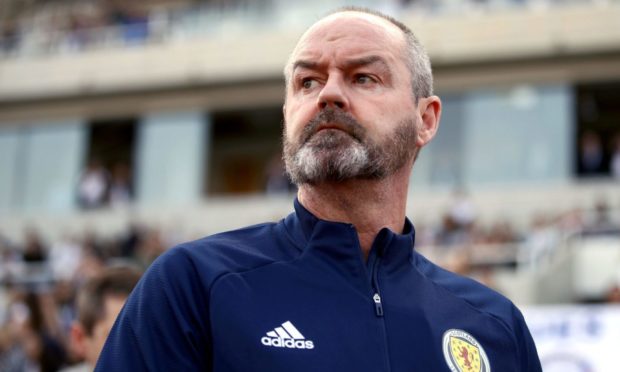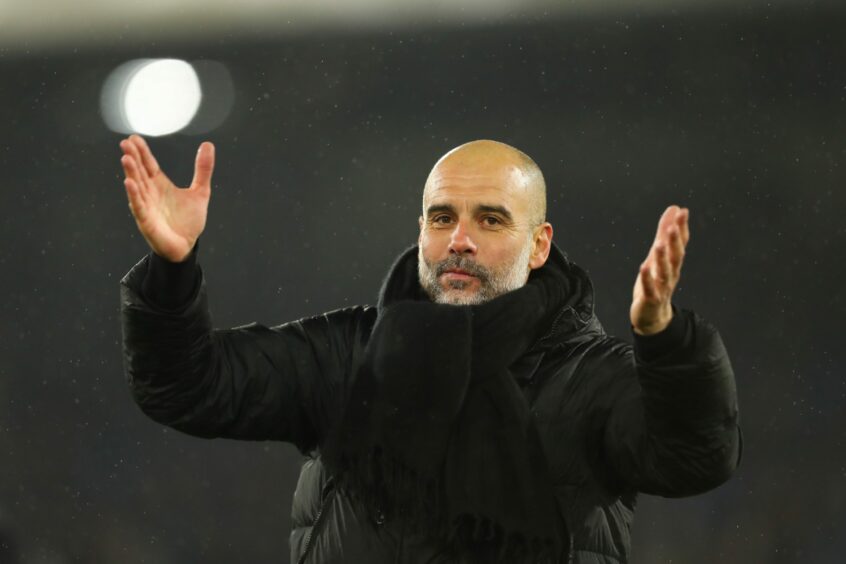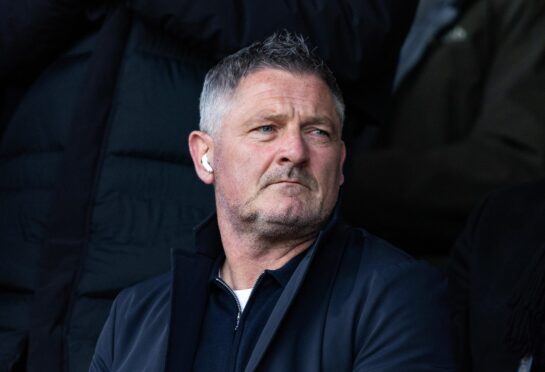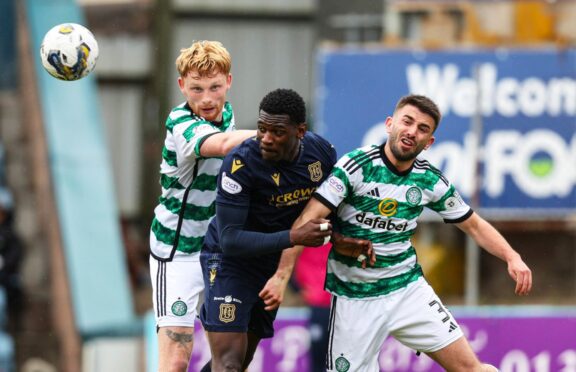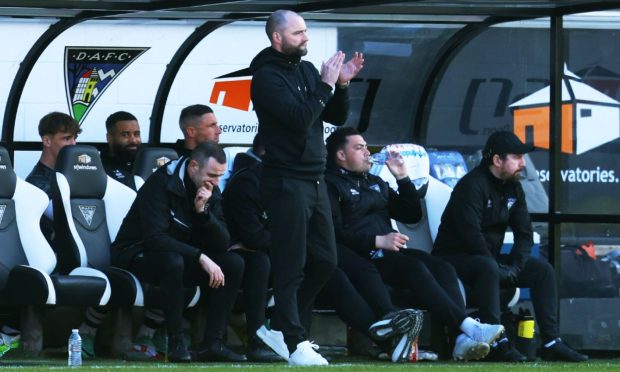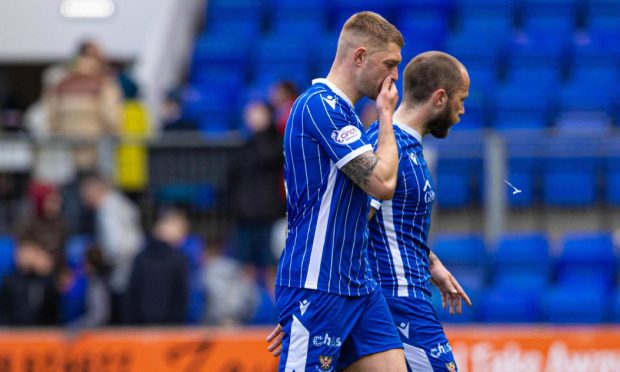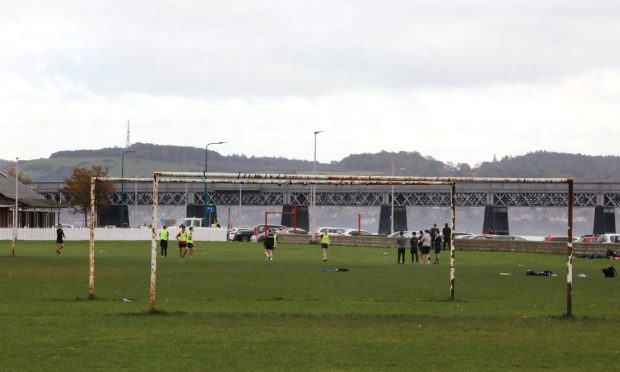Five years ago in this column, I said Steve Clarke, then of Kilmarnock, would be my choice as next Scotland manager.
“Tactically astute, a good motivator and organiser, with top level experience in England as player and coach and, at 44-years-old, a good age to be attuned to the modern demands of football.”
It seems I was spot on.
The national team ebbs and flows in popularity with many fans and while for most of us it comes after club fortunes, we still take great pleasure from its success, which reflects well on our game generally.
For Scotland to be leading their Euro 2024 qualifying group with full points from four games is testimony to Clarke’s strength of character, judgement and man management.
It also highlights the importance of longevity and time in a manager’s job.
The search for immediate success often sees good gaffers dispensed with before they’ve had a fighting chance to bring their talents to bear at a club.
I was reminded of that watching a Manchester United documentary in midweek, when Alex Ferguson was close to the sack on a few occasions.
The Old Trafford board held its nerve, recognised his vision for the club and the rest is now history.
Five years into his post and the Scotland boss is showing what can be done when a manager is allowed time to grow into the job, develop at his own pace and implement his methods.
The English Premier League has attracted the ire of other clubs and fans around the world, seething at their inability to compete with their mega riches.
Now though, a challenge to that monopoly may be coming.
Saudi money, which, as the Liv capture of golf shows, seems to come from a bottomless pot, threatens English dominance and their pundits aren’t happy.
Ex-Liverpool player Jamie Carragher tweeted in midweek: “Bernardo Silva is in his peak years and has been one of the best players in Europe for the last five years!
“I wasn’t worried about the Saudi League taking players in their 30s, a touch worried with players below the elite (Neves), but if this happens it feels like a game changer.
“Saudi have taken over golf, the big boxing fights and now they want to take over football.”
Bernardo Silva is in his peak years & has been one of the best players in Europe for the last five years!
I wasn’t worried about the Saudi League taking players in their 30’s, a touch worried with players below the elite (Neves) but if this happens it feels like a game changer… https://t.co/hcDUbkGp30
— Jamie Carragher (@Carra23) June 21, 2023
He’s right to be concerned. The threat is very real.
At a time when big investors realise getting decent returns on their football investments are almost impossible due to the crazy wages being paid, there are no such inhibitions from Middle East money, where the cash is limitless and government-backed.
Fans have often talked about English football’s bubble bursting, but if the money brokers in Saudi are determined to make football their own, it won’t burst; the centre of power will just relocate on the map.
And it’s difficult to see how they can be stopped.
FIFA and UEFA will bow before the oil money and fans, as we’ve seen at Man City and Newcastle, have few moral qualms and turn a blind eye when their teams are successful.
A new football world may be just around the corner.
